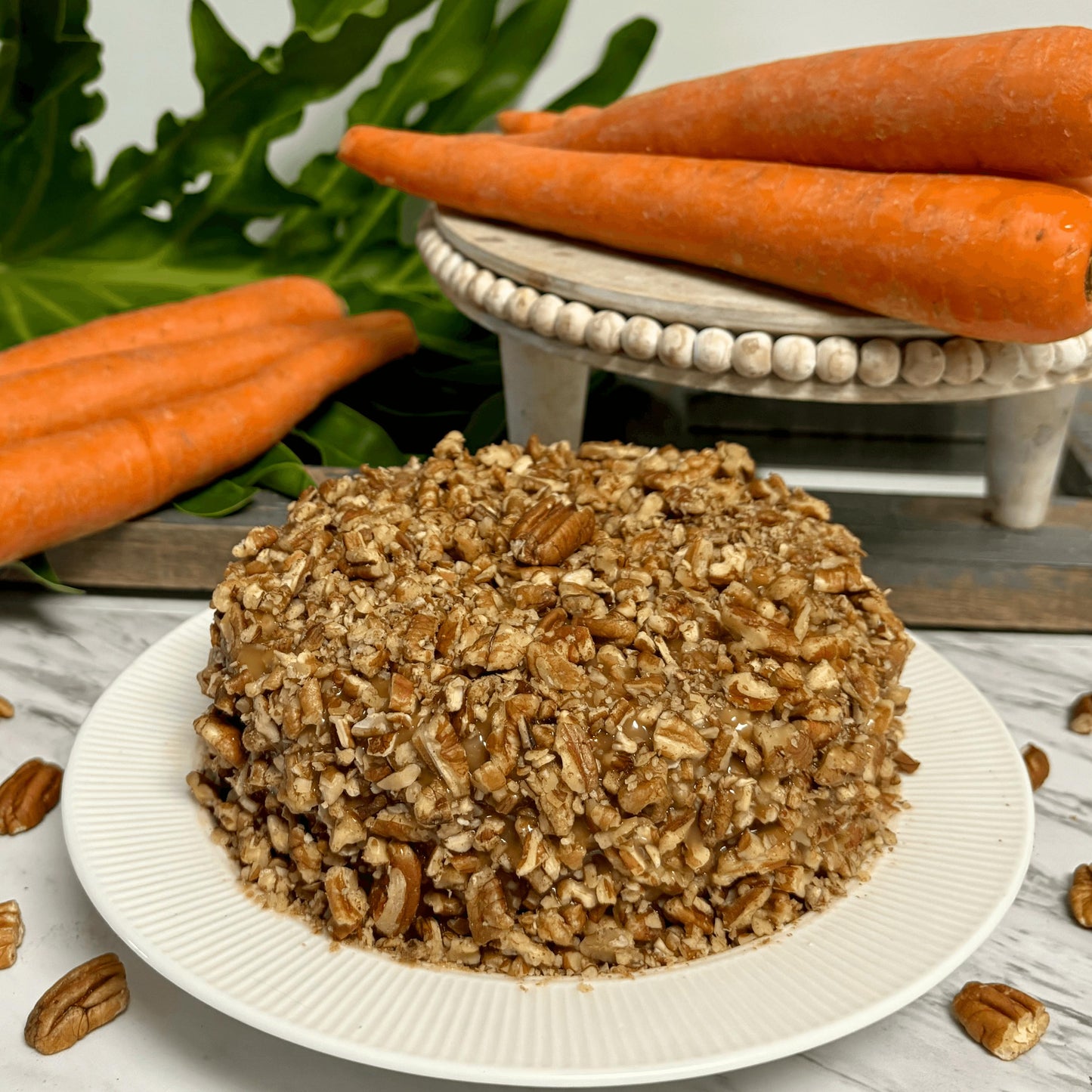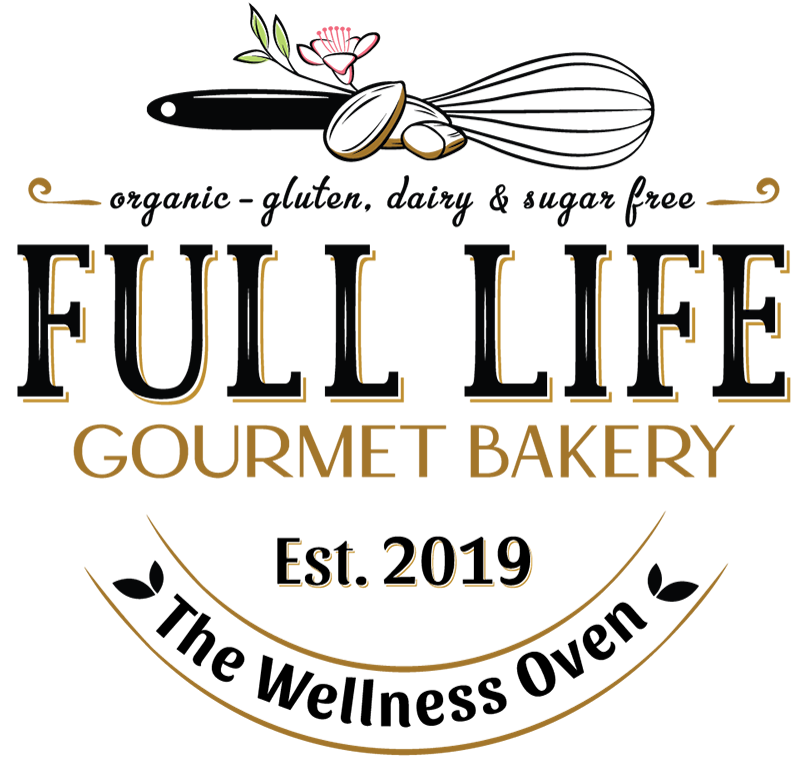
In the hustle and bustle of modern life, stress has become an almost ubiquitous part of our daily existence. Whether it's the pressures of work, personal relationships, or the constant barrage of information from digital devices, stress can significantly impact our mental and physical well-being. While various strategies exist to manage stress, one often overlooked yet profoundly influential factor is our diet. What we eat can play a crucial role in how our bodies respond to stress, affecting our resilience and overall mental health. This opinion piece explores the powerful connection between diet and stress management, backed by scientific research and psychological insights. By making specific dietary changes, we can promote calmness, reduce stress hormones, and maintain stable energy and mood, thereby enhancing our ability to cope with life's challenges. To help you start your journey, we also provide a detailed 7-day menu of power foods designed to promote calmness and reduce stress.
The Power of Food: Promoting Calmness and Reducing Stress Hormones
Food is not just fuel; it is a complex interplay of nutrients that can significantly influence our brain chemistry and stress response. Certain foods are particularly effective in promoting calmness and reducing stress hormones, making them valuable allies in our quest for stress management.
Complex Carbohydrates
Complex carbohydrates, found in whole grains, vegetables, and legumes, play a pivotal role in promoting serotonin production, a neurotransmitter that contributes to feelings of well-being and happiness. Unlike simple carbohydrates, which cause rapid spikes and crashes in blood sugar levels, complex carbohydrates provide a steady release of glucose into the bloodstream, helping to stabilize mood and energy levels. A study published in the *Journal of Clinical Psychiatry* found that individuals who consumed a diet rich in complex carbohydrates had lower levels of cortisol, the body's primary stress hormone, compared to those who consumed a diet high in simple carbohydrates (Hellerstein et al., 2011).
Magnesium-Rich Foods
Magnesium is a critical mineral involved in over 300 biochemical reactions in the body, including those that regulate the stress response. Foods rich in magnesium, such as leafy greens, nuts, seeds, and whole grains, have been shown to help reduce anxiety and promote relaxation. A review in *Nutrients* highlighted that magnesium supplementation could significantly decrease subjective measures of anxiety, particularly in individuals with magnesium deficiency (Boyle et al., 2017). Incorporating magnesium-rich foods into the diet can therefore be an effective strategy for managing stress.
The Dark Side of Diet: Effects of Caffeine, Sugar, and Processed Foods on Stress Levels
While certain foods can help mitigate stress, others can exacerbate it. Understanding the impact of caffeine, sugar, and processed foods on stress levels is essential for making informed dietary choices that support mental health.
Caffeine
Caffeine, a stimulant found in coffee, tea, and many energy drinks, can significantly impact the body's stress response. While moderate caffeine consumption can enhance alertness and concentration, excessive intake can lead to increased anxiety, restlessness, and disrupted sleep patterns. Research published in the *Journal of Psychopharmacology* found that high doses of caffeine elevated cortisol levels and exacerbated the physiological effects of stress (Lovallo et al., 2005). Reducing caffeine intake, particularly in the afternoon and evening, can help mitigate these effects and promote better stress management.
Sugar
High sugar consumption is another dietary factor that can negatively impact stress levels. Sugar causes rapid spikes in blood glucose, followed by sharp declines, leading to energy crashes and mood swings. These fluctuations can exacerbate feelings of stress and anxiety. A study in the *Journal of Clinical Endocrinology & Metabolism* demonstrated that high sugar intake increased cortisol levels and impaired the body's ability to manage stress effectively (Epel et al., 2004). Reducing sugar intake and opting for natural sweeteners or complex carbohydrates can help maintain stable energy levels and improve stress resilience.
Processed Foods
Processed foods, often high in unhealthy fats, sugars, and artificial additives, can contribute to inflammation and oxidative stress in the body, which in turn can negatively affect mental health. A study published in *Public Health Nutrition* found that a diet high in processed foods was associated with higher levels of perceived stress and depressive symptoms (Jacka et al., 2010). Prioritizing whole, unprocessed foods can reduce inflammation and support a more balanced stress response.
Hydration and Regular Meals: The Foundation of Stable Energy and Mood
Beyond specific food choices, overall dietary patterns, including hydration and meal regularity, play a crucial role in managing stress. Proper hydration and regular meals help maintain stable energy levels and mood, providing a solid foundation for stress resilience.
Hydration
Staying well-hydrated is essential for maintaining cognitive function and mood. Even mild dehydration can impair concentration, increase feelings of tension, and exacerbate stress. A study in the *Journal of Nutrition* found that dehydration led to increased perception of task difficulty and reduced mood among participants (Armstrong et al., 2012). Drinking adequate water throughout the day, and increasing intake during periods of high stress, can help mitigate these effects and support mental clarity.
Regular Meals
Skipping meals or following irregular eating patterns can lead to fluctuations in blood sugar levels, resulting in irritability, fatigue, and difficulty concentrating. Regular meals provide a steady supply of glucose to the brain, supporting stable energy and mood. A study in the *American Journal of Clinical Nutrition* highlighted that individuals who maintained regular eating patterns had better cognitive performance and lower stress levels compared to those with irregular meal timings (Leigh Gibson & Green, 2002). Establishing a routine of balanced meals and healthy snacks can thus be a key component of effective stress management.
7-Day Menu of Power Foods to Promote Calmness and Reduce Stress Hormones
Day 1:
Breakfast:
- Smoothie with spinach, banana, blueberries, chia seeds, and almond milk
- Whole grain toast with avocado
Mid-Morning Snack:
- A handful of almonds and a small piece of dark chocolate
Lunch:
- Quinoa salad with mixed greens, chickpeas, cucumber, cherry tomatoes, and a lemon-tahini dressing
- Side of steamed broccoli
Afternoon Snack:
- Sliced apple with almond butter
Dinner:
- Baked salmon with a side of roasted sweet potatoes and sautéed spinach
- Mixed green salad with olive oil and balsamic vinegar
Day 2:
Breakfast:
- Oatmeal topped with fresh berries, walnuts, and a drizzle of honey
Mid-Morning Snack:
- Greek yogurt with a sprinkle of flax seeds
Lunch:
- Lentil soup with a side of whole grain bread
- Mixed green salad with carrots, bell peppers, and a vinaigrette dressing
Afternoon Snack:
- Carrot sticks and hummus
Dinner:
- Grilled chicken breast with quinoa and steamed asparagus
- Side salad with mixed greens, avocado, and a light vinaigrette
Day 3:
Breakfast:
- Whole grain cereal with skim milk, topped with sliced bananas and blueberries
Mid-Morning Snack:
- A handful of pumpkin seeds
Lunch:
- Brown rice bowl with black beans, sautéed bell peppers, corn, and salsa
- Side of mixed greens with olive oil dressing
Afternoon Snack:
- Sliced cucumber with hummus
Dinner:
- Baked cod with a side of quinoa and roasted Brussels sprouts
- Mixed green salad with olive oil and lemon juice dressing
Day 4:
Breakfast:
- Smoothie with kale, pineapple, mango, Greek yogurt, and coconut water
Mid-Morning Snack:
- Mixed berries and a small piece of dark chocolate
Lunch:
- Chickpea and vegetable stir-fry over brown rice
- Side salad with mixed greens and a light vinaigrette
Afternoon Snack:
- Sliced bell peppers with guacamole
Dinner:
- Grilled shrimp with whole wheat couscous and sautéed zucchini
- Side of mixed greens with olive oil and vinegar dressing
Day 5:
Breakfast:
- Whole grain toast with almond butter and sliced strawberries
Mid-Morning Snack:
- A handful of sunflower seeds
Lunch:
- Turkey and avocado wrap with whole grain tortilla
- Side of mixed greens with a light vinaigrette
Afternoon Snack:
- Greek yogurt with blueberries and a sprinkle of chia seeds
Dinner:
- Baked chicken with quinoa and roasted carrots
- Mixed green salad with olive oil and lemon juice dressing
Day 6:
Breakfast:
- Smoothie with spinach, green apple, ginger, cucumber, and coconut water
Mid-Morning Snack:
- Sliced pear with almond butter
Lunch:
- Spinach and feta stuffed bell peppers with a side of brown rice
- Mixed green salad with olive oil and balsamic vinegar
Afternoon Snack:
- Sliced celery with hummus
Dinner:
- Grilled salmon with a side of wild rice and steamed broccoli
- Side of mixed greens with a light vinaigrette
Day 7:
Breakfast:
- Oatmeal with almond milk, topped with sliced almonds, blueberries, and a drizzle of honey
Mid-Morning Snack:
- A handful of walnuts
Lunch:
- Mixed bean salad with quinoa, cucumber, tomatoes, and a lemon-tahini dressing
-Side of steamed green beans
Afternoon Snack:
- Sliced carrots with guacamole
Dinner:
- Grilled tofu with a side of brown rice and sautéed spinach
- Mixed green salad with olive oil and lemon juice dressing
Conclusion
The evidence is clear: what we eat profoundly impacts our ability to manage stress and maintain mental resilience. By making specific dietary changes—such as incorporating complex carbohydrates and magnesium-rich foods, reducing caffeine and sugar intake, avoiding processed foods, staying hydrated, and maintaining regular meal patterns—we can significantly enhance our stress response and overall well-being.
Call to Action
As we navigate the complexities of modern life, it is crucial to recognize the power of our dietary choices in shaping our mental health. Start by evaluating your current diet and identifying areas for improvement. Introduce more stress-busting foods into your meals, reduce consumption of stress-inducing substances, and establish a consistent eating routine. Share your journey with others and encourage them to explore the benefits of dietary interventions for stress management. Together, we can foster a healthier, more resilient community, capable of thriving in the face of life's challenges.
By Guillermo Brillembourg W




